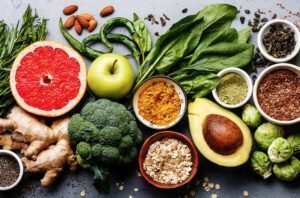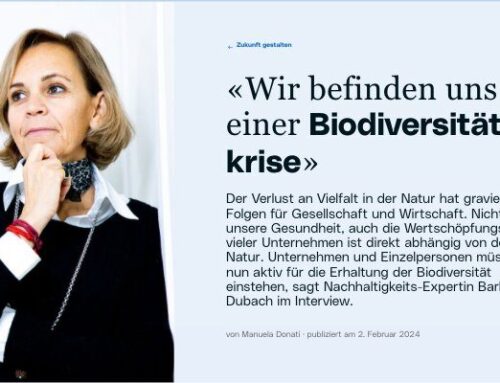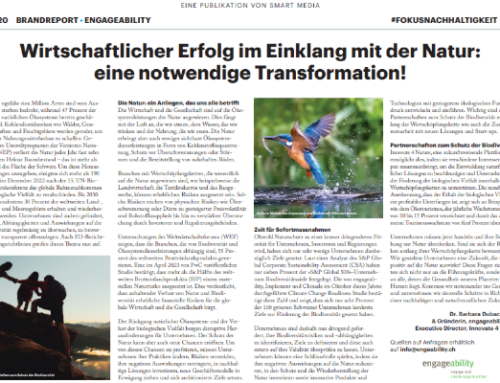The way to our planet’s health is through our stomachs.
Dr. Barbara Dubach and Prof. Dr. Alexander Mathys co-wrote this article which was published in a publisher’s addition on Sustainability in the Swiss Newspaper NZZ in September 2021. The original article in German can be found here.
Alternatives to animal products and the avoidance of food waste are central aspects of sustainable food systems.
Global food demand will increase by up to 56 per cent by 2050. Agriculture and food production already have a major impact on global resource use and thus also on environmental sustainability. At the same time, poor nutrition leads to significant health problems and diet-related diseases are a common cause of death globally. Ensuring adequate nutrition while minimising negative environmental impacts is therefore becoming increasingly important. Food systems worldwide must rise to this challenge in order to achieve more sustainability in human nutrition.
As part of the National Research Programme “Sustainable Economy: resource-efficient, sustainable, innovative” (NRP 73), the Sustainable Food Processing Research Group at ETH Zurich conducted a sustainability assessment of global food systems. It concluded that alternatives to animal products and the avoidance of food waste are central aspects of sustainable food systems.
Which diet is more sustainable?
Simply not eating meat: this would be good for the environment in many areas, but a vegetarian or vegan diet often leads to a deficiency in certain micronutrients (e.g. vitamin B12) which we mainly consume through animal products. Such micronutrients are essential for a balanced diet. Our research results show that for Switzerland a diet with limited amounts of animal foods is the most sustainable, according to the recommendations of the Swiss Society for Nutrition: it reduces the ecological footprint by 36%, the expenditures by 33% and the negative health effects by 2.67% compared to the current diet. Vegetarians and vegans can cover the missing micronutrients with sources from plants, protozoa and/or supplements if bioavailability and absorption can be ensured. A significant change from
animal products to foods based on plants and single-celled organisms such as microalgae would thus be beneficial in countries like Switzerland.
Reducing global food waste
In view of limited resources, not only more sustainable sources of nutrition are needed however, but also a reduction in global food waste. Every year, about one third of all food worldwide is wasted or destroyed (1.3 billion tonnes worldwide and 2.6 million tonnes in Switzerland). This corresponds to an average of 65 kg per person per year at consumer level worldwide. Innovative approaches are therefore urgently needed to prevent or reduce food waste and to reuse discarded food.
“Social Innovations, consumption changes as well as fundamentally new technologies are essential for more sustainable food systems.”
Prof. Dr.-Ing. Alexander Mathys, ETH Zurich
To make our food systems more sustainable, the recommendations are the following:
- National and global policy makers should define key areas for improving food systems based on holistic sustainability analyses and prioritise them for the benefit of human and planetary health.
- Swiss consumers should eat more pulses, nuts, seeds, fruits and vegetables, limit meat consumption to a healthy level and throw away significantly less food.
- The food industry should focus on holistic sustainability along entire supply chains. This would allow them to benefit commercially while also promoting the well-being of society.
Prof. Dr.-Ing. Alexander Mathys is an Assistant Professor (Tenure Track) for Sustainable Food Processing at ETH Zurich.
Dr Barbara Dubach is Head of Knowledge Transfer at NRP 73 and founder and Managing Director at engageability.




